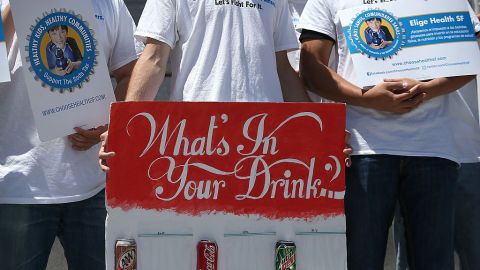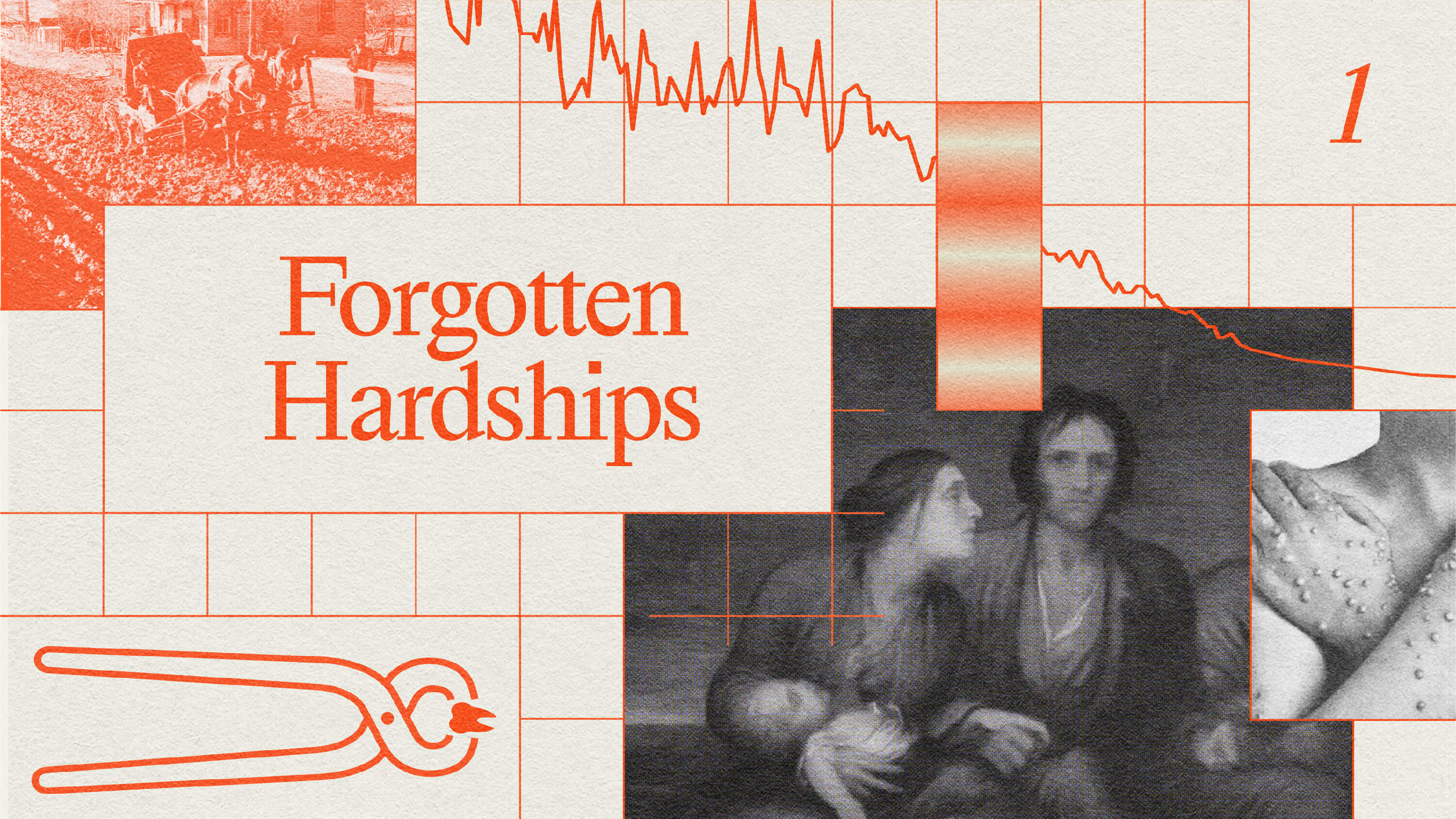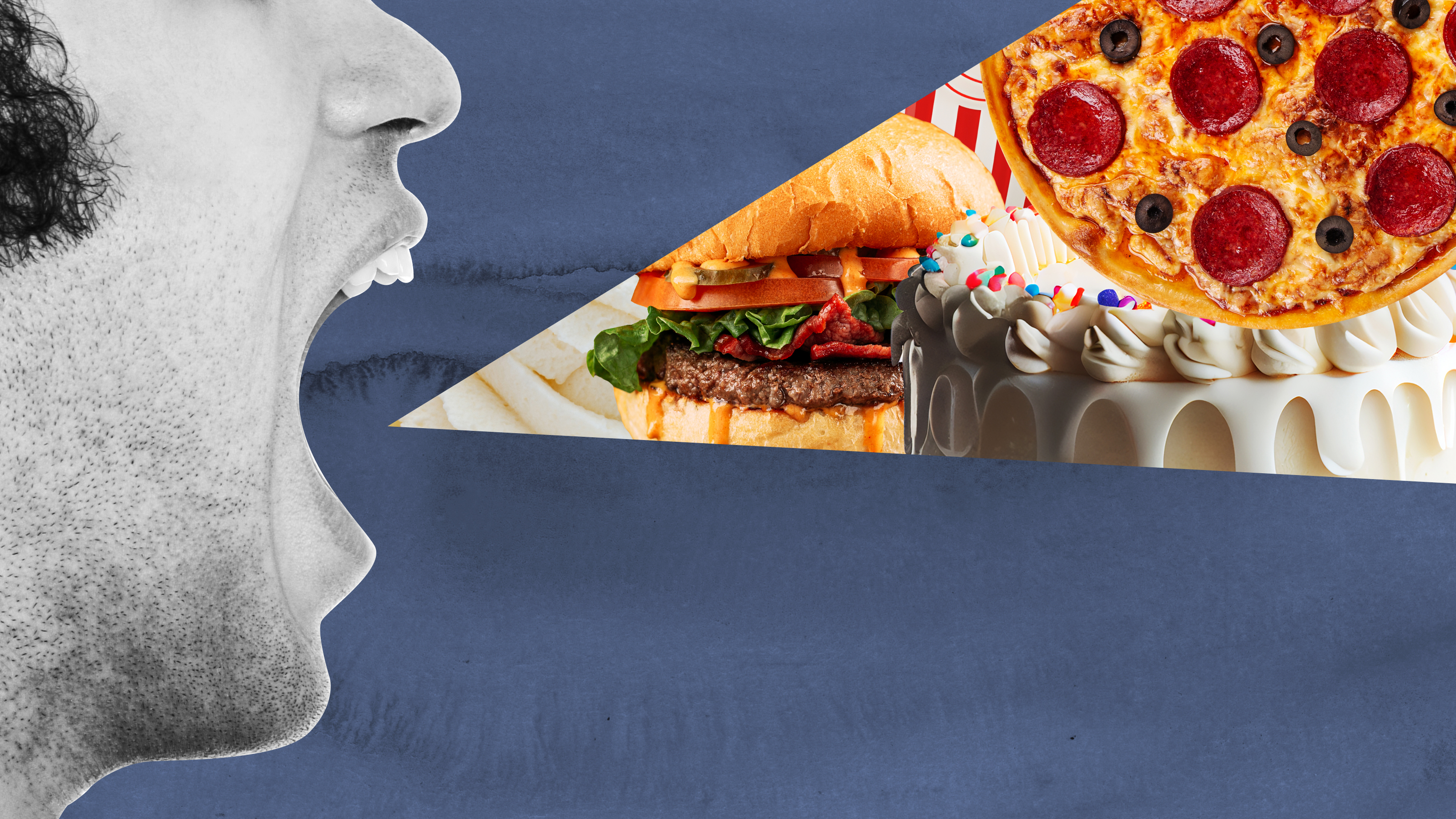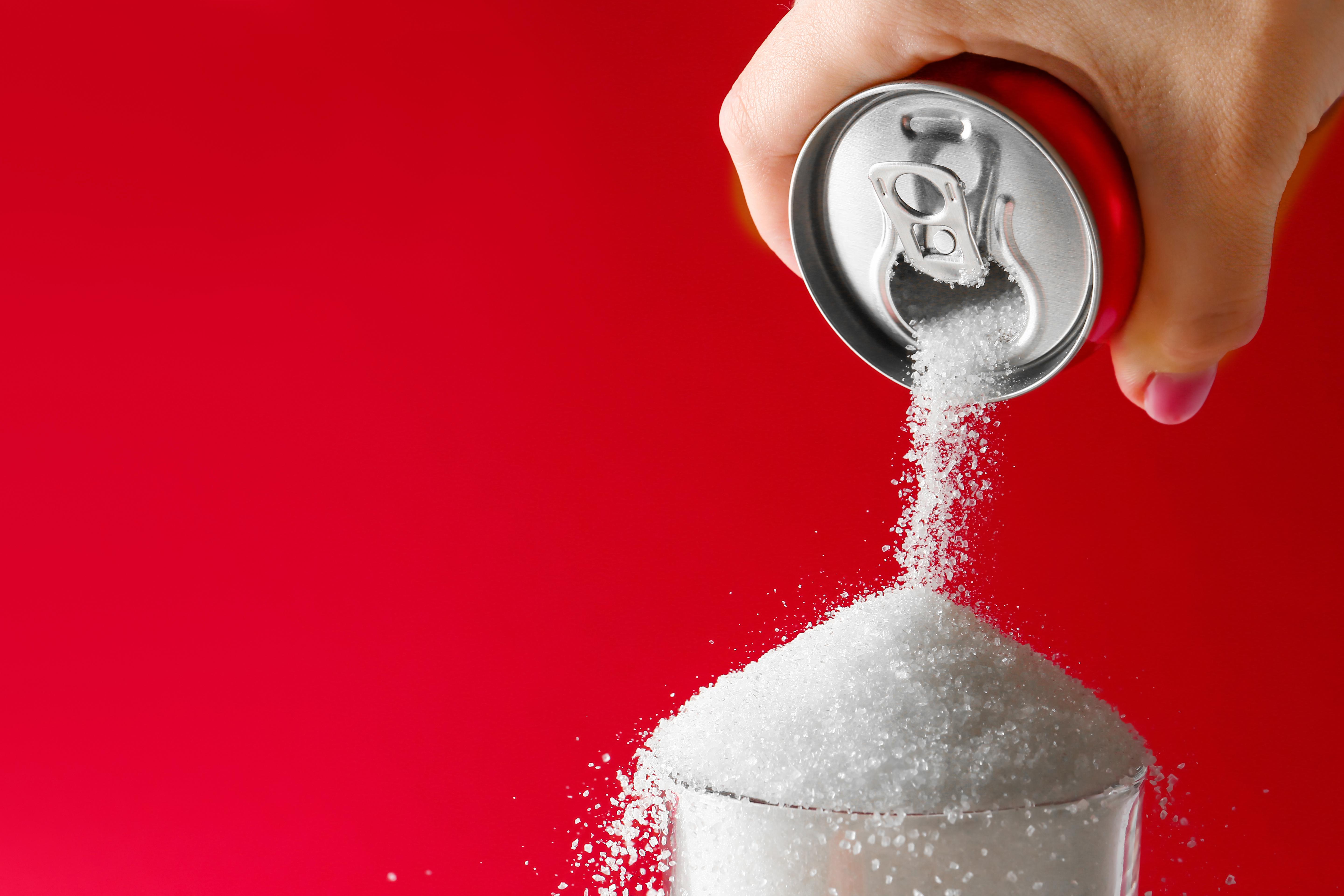Is A National Soda Tax Inevitable?

Michael Bloomberg’s failed soda tax in New York City did not signal an end to his mission. In 2012 his initiative was met with a mixture of fear and derision. Citations of Big Brother abounded. New Yorkers don’t like being told what to do, even if over half of the adult population in the city is overweight or obese.
Citizens predominantly responded as a rights issue. They accused Bloomberg of cutting a domineering figure even as he opined over health care and quality of life. The city court system ultimately struck down the proposed soda tax—more properly a sugary drinks tax, as it also affects energy drinks and sweetened ice teas—stating that the Board of Health “exceeded the scope of its regulatory authority.”
Coca-Cola, Pepsi, and other manufacturers that rely on low-cost, high-profit beverages cheered, for good reason: they had spent $38 million fighting it. Bloomberg was not dissuaded, keeping sight of the long game. Since his loss, he’s bankrolled efforts in Philadelphia, Oakland, San Francisco, and Berkeley—the latter being the first city to approve the tax in 2014. In the Bay Area alone, Bloomberg spent $18 million this year.
What was once ridiculed is quickly becoming accepted. Public opinion has shifted; six out of ten Americans claim to avoid soda. The beverage industry is trying to use this to its advantage, asserting self-monitoring efforts in offering consumers healthier options. But when the federal recommended daily allowance calls for no more than twenty-five grams of added sugar a day, and most single cans of soda and juice exceed this limit, it’s hard to have faith in an industry that rakes in billions from cheap products.
There is a cost, however, only it falls back on us. In 2009 medical expenses relating to obesity topped $147 billion in America. But food is addictive and emotional. Because we can’t witness our digestive systems in action we still operate with an old mentality: food is fuel; whatever fuels us must be good. Obviously this is a terrible philosophy to have regarding what we put into our bodies.
At first glance processed foods seem economical. But removing fiber, as in the myth of ‘healthy juicing,’ and adding sugar changes how digestion works. Whenever you eat your body expends energy to break down molecules and transport nutrients. Processed foods (or calorie-rich beverages) are more easily broken down, reducing your metabolic costs by 10 percent.
Win, right? Not even close. Smaller particles are digested more quickly but there is another cost: a spike in blood sugars. That soda is little different than any drug rushing through your bloodstream, only this one causes your pancreas to rapidly overproduce insulin. That elevated level accounts for a steep drop in blood sugar, making you think you’re hungry when you’re not—the intersection of obesity and type 2 diabetes, two of our nation’s biggest self-imposed threats.
America’s top killers—heart disease, diabetes, influenza, stroke, chronic respiratory disease, certain forms of cancer—are directly the result of or indirectly affected by our diet. And it all traces back to sugar, which the average citizen now consumes 152 pounds of every single year.
Eventually the scales return to balance. This month voters in San Francisco passed Prop V, a one-cent-per-ounce soda tax, with over 61 percent of city residents. Across the bay Oakland residents passed a similar bill with 60 percent approval.
Sugar taxes have nothing to do with Big Brother. They’re common sense. While it’s hard to imagine the coming administration passing national legislation—something countries like Mexico, Hungary, France, Ireland, the UK, Norway, Barbados, Fiji, French Polynesia, Mauritius, Nauru, Samoa, Tonga, and St Helena have implemented—we need to take a serious and honest look at the blatant connection between sugar and obesity and health care costs.
This month Californians overwhelmingly passed a $2 per pack cigarette tax. Along with legalizing recreational marijuana, tax revenues from these two measures are going to help a state with plenty of other issues, including our long-standing water problems. If legislators need another reason for acting on sugar, make it financial. Plenty of other food prohibitions in the past have utilized similar reasoning.
We’re going to pay for our sugar addiction one way or another—we always have. It’s time for our government to get over this fallacy of ‘rights’ when it comes to public health. Emotions and stubbornness cannot lord over decades of data. Our national health depends on it.
—
Derek Beres is working on his new book, Whole Motion: Training Your Brain and Body For Optimal Health (Carrel/Skyhorse, Spring 2017). He is based in Los Angeles. Stay in touch on Facebook and Twitter.





